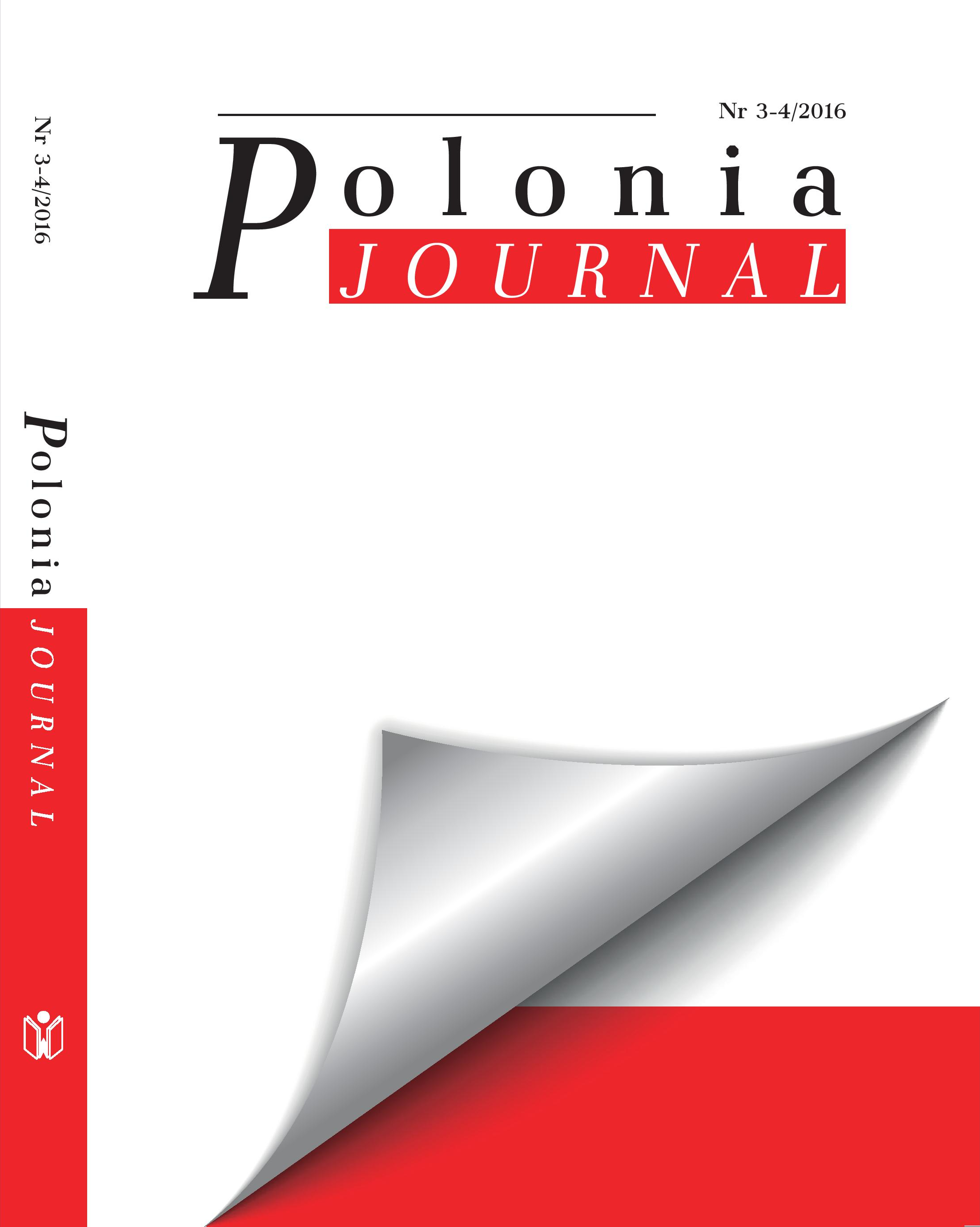Poszukiwania kierunków rozwoju współczesnej pomocy
społecznej z wykorzystaniem środków Unii Europejskiej
Searching for directions of development of modern social welfare with the use of European Union funds
Author(s): Aneta WojtusiakSubject(s): Family and social welfare
Published by: Wyższa Szkoła Ekonomiczno-Humanistyczna
Keywords: Operational Programme Human Capital; OPHC; European Social Fund; ESF; systemic projects; competition projects; National Strategic Reference Framework 2007–2013; European Union;pre-accession assistance;
Summary/Abstract: Between 2004 and 2006, the financial support from the Structural Funds of the European Union for the development of human resources was provided within the scope of, inter alia, EQUAL Community Initiative, the Integrated Operational Pro-gramme for Regional Development, and the Sectoral Operational Programme for the Development of Human Resources. After the accession of Poland to the structures of the European Union, the support transformed into Human Capital Operational Programme (HCOP), among other things. It constituted a response to the challenges posed to the member states by the renewed Lisbon Strategy. The phrase “human capital” referred to knowledge resources, skills, and potential present both in every individual and in the society as a whole. This potential is the capability to work, to adapt to changes in one’s environment, as well as the ability to create new solutions – hence, the development on both personal and social level. Taking advantage of the opportunities provided by the programmes for the candidates and members of the EU, the institutions for support and social integration carried out some systemic and com-petition projects. Such steps allowed for the implementation of active social policy by means of a shift from social welfare programmes (making provisions for financial security) to programmes that take into account the active participation as well as inclusion of the needy and their environment in multifarious forms of assistance provided. In this article, the following projects launched by the Municipal Social Welfare Centre in Bielsko-Biała and co-financed by the European Union were presented: 1. “Against helplessness – the local system supporting labour market re-entry for the communities particularly prone to social exclusion in Bielsko-Biała” (252 participants) – psychological aid, acquiring qualification (development and vocational cours-es). Complementary activities for the investment project: “The new old town – new opportunities” (technical and visual revitalisation of the old town of Bielsko). 2. “Activity pays – support and labour market re-entry plan for people prone to social exclusion” (60 participants and 103 workers of the Municipal Social Welfare Centre) –psychological aid, obtaining qualification (development and vocational courses). 3. “Bielsko-Biała connects people” (896 participants) – active integration (vocational, educational, and social re-entry programmes), social work, and environmental activities. Its integral part was the Programme of Local Activity for the following housing estates: Wapienica, Śródmieście Bielsko, and Grunwaldzkie. There were three operating Points of Civic Advisory Services, the quarterlies “Nasza Wapienica” and “Czas na osiedla” were issued, free legal guidance was offered, and cultural, integrative, and sports events were organised. 4. “The interactive map of social problems of Bielsko-Biała” – the research project comprising: a) a survey on the citizens’ awareness of and opinions on social situation and fundamental aspects of urban life (2 000 households); b) an extensive research into social problems on the basis of documentation from the institutions serving the inhabitants of Bielsko-Biała (22 150 people); a reviewed publication presenting the results of the re-search was issued. 5. “Creating a culture of inter-institutional cooperation in the employment area and social integration through the collaborative creation of dot maps and local environmental resources maps exampled by Bielsko-Biała” – a model of inter-institutional co-operation was developed; a computer program for data analysis and their presentation by means of dot maps was designed; the intersectoral Team for diagnosis of social problems was created; a training programme for candidates applying for diagnostic teams membership was implemented; a reviewed manual for the implementation of the developed cooperation model was is-sued. 6. “Direction: Change! Social and vocational activity programme of the dwellers of social housing – Sobieskiego Street in Bielsko-Biała (50 participants) – identification of vocational and social potential, psychological aid, vocational courses, placements at different workplaces, “Fast start” programme (candidate training for a worker or an employee suitable for the position and job requirements).
Journal: Przegląd Polsko-Polonijny
- Issue Year: 2016
- Issue No: 3-4
- Page Range: 209-249
- Page Count: 41
- Language: Polish

